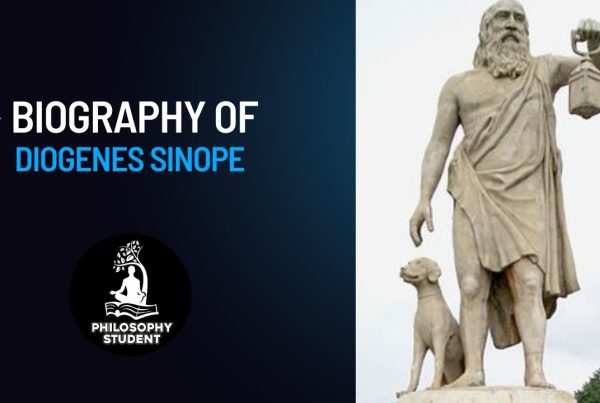Like his contemporaries, Saint Augustine (354–430) was primarily influenced by Neoplatonism, and, indeed, credited Plotinus with helping him to understand Christian theology. Some of these elements are explicit—including the trinitarian elaboration of Plato’s metaphysics—but difficulties in accommodating specific theological doctrines, such as the incarnation, ultimately led to increasing divergence philosophy and theology. Nevertheless, Augustine’s attempted reconciliation of the two produced a wealth of philosophical innovation. In his refutation of Academic Skepticism, Augustine anticipated Descartes, arguing that certain propositions, self-referential propositions about our own existence, provide an indubitable epistemological foundation.
Augustine also identified the will as a distinct source of motivation and the locus of moral responsibility, even if handicapped by original sin and requiring divine assistance in the form of grace. Augustine introduced a semiotic distinction between object and sign as the basis of a philosophy of language, and he sketched a phenomenological account of our experience of time that has directly influenced later Existentialists. Probably Augustine’s most important contribution, however, was his On the City of God (1470). While putatively a plea for the adoption of Christian virtue, the book also argues for the political separation of Church and State and introduces an eschatological view of history that underpins contemporary historicism, such as that of Karl Marx.




































